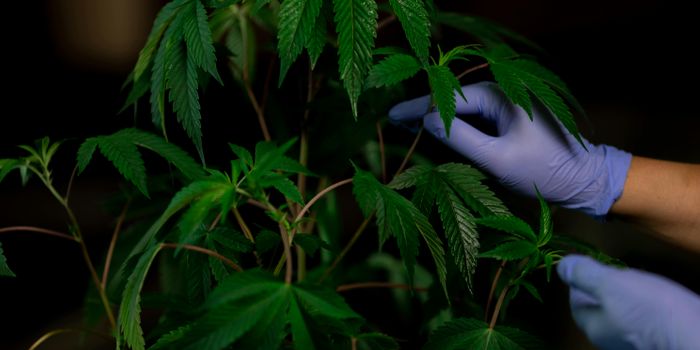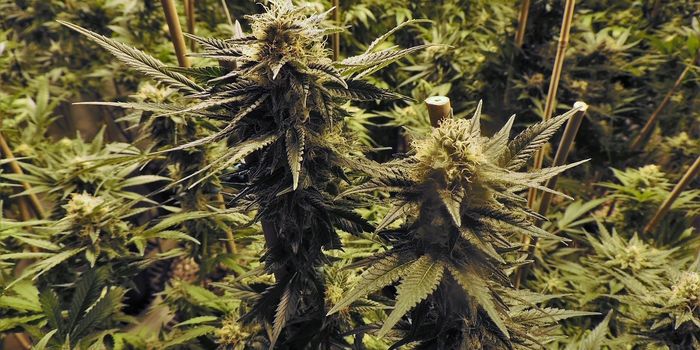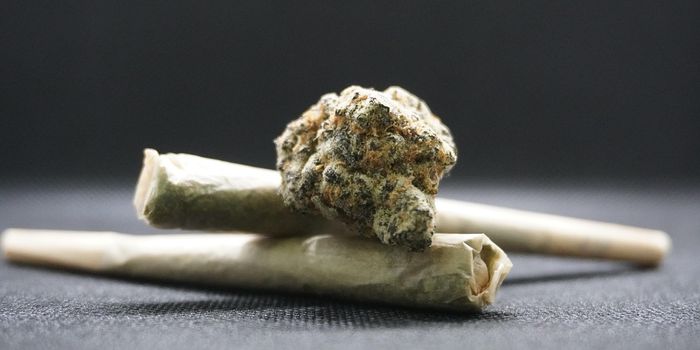Cannabis and the Relief for HIV/AIDS
On Saturday, May 5, 2018, Buffalo, NY celebrated their 26th annual AIDS walk that brings awareness and honor to those who have lost the fight, and to those who suffer from the terminal disease. In attendance was PharmaCannis dispensary sharing the knowledge on how cannabis can help patients suffering from the virus and from retrotherapy side effects.
Cannabis relieves a myriad of symptoms brought on by the HIV/AIDS virus and also helps quell the side effects of the current Antiretroviral therapy. This therapy prevents the multiplication and spread of the virus throughout the body, but also has side effects ranging from nausea, bone loss, fatigue, insomnia, anxiety, and lipodystrophy. Cannabis fights nausea, increases the activity of osteoblasts, can reduce fatique, insomnia, and anxiety, and can regulate the metabolism.
It is seen that a significant amount of HIV/AIDS patients self-medicate with cannabis, this has encouraged multiple studies to be performed with cannabis and HIV patients. In 2008 a phase II, double-blind, placebo-controlled, crossover trial of analgesia with smoked cannabis in HIV-associated distal sensory predominant polyneuropathy (DSPN) was completed. Results show that pain relief is greater with cannabis than with the placebo. Mood and daily functioning improved to a similar extent during both treatment periods. In this randomized clinical trial, smoked cannabis at maximum tolerable dose (1–8% THC), significantly reduced neuropathic pain intensity in HIV-associated DSPN compared to placebo, when added to stable concomitant analgesics. Using verbal descriptors of pain magnitude from DDS, cannabis was associated with an average reduction of pain intensity from ‘strong’ to ‘mild to moderate.’ Also, cannabis was associated with a sizeable (46%) and significantly greater (vs. 18% for placebo) proportion of patients who achieved meaningful pain relief. Mood disturbance, physical disability, and quality of life all improved significantly for subjects during study treatments, regardless of treatment order.
A study published in 2014 titled "Modulation of Gut-Specific Mechanisms by Chronic Delta 9-Tetrahydrocannabinol Administration in Male Rhesus Macaques Infected with Simian Immunodeficiency Virus: A Systems Biology Analysis" This seventeen month study reviewed the effects THC had on monkeys infected with an animal form of the virus. Scientists found that damage to immune tissue was decreased. “These findings reveal novel mechanisms that may potentially contribute to cannabinoid-mediated disease modulation,” Dr. Patricia Molina, the study’s lead author, wrote. The report goes on to explain that while HIV spreads by infecting and killing off immune cells, the monkeys that received the daily THC treatments maintained higher levels of healthy cells.
A more recent study publishd in the Journal of Acquired Immune Deficiency Syndrome (JAIDS), found that THC might be able to prevent HIV from becoming full-blown AIDS. A consequence of Human Immunodeficiency Virus-1 (HIV) infection is a decrease in both pDC (Plasmacytoid dendritic cell) number and function, but prolonged pDC activity has been linked with progression from HIV infection to the development of AIDS. THC can suppress pDC function during the early host antiviral response by dampening pDC activation; this prevents the condition from worsening. Not only may patients reduce their symptoms of side effects from this terminal illness, but cannabis may also help prolong or save their lives.
Sources: neuropsychopharmacology, Simian Immunodeficiency Virus, Plasmacytoid dendritic cells, youtube









